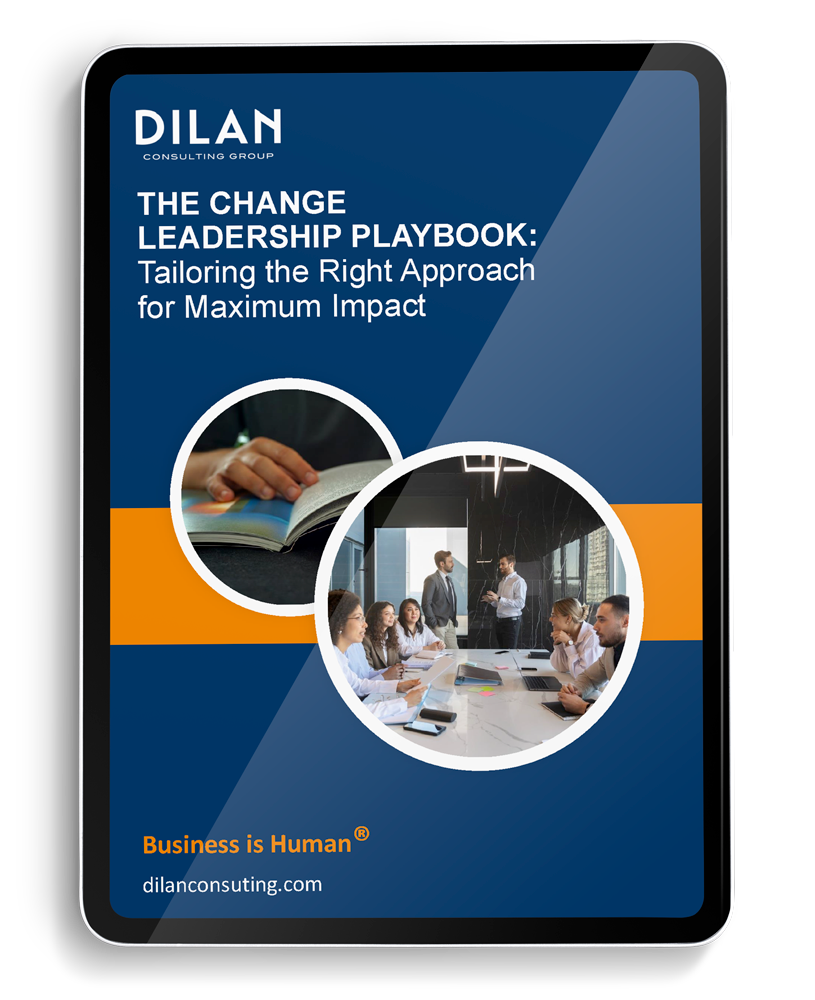Integrating artificial intelligence (AI) into professional coaching is revolutionizing how organizations approach leadership and employee development. For HR and Learning & Development leaders considering the implementation of AI coaching, these platforms offer scalable, data-driven, and personalized solutions that promise to enhance workforce skills and engagement. However, how do they stack up against traditional human coaching?
This blog explores the pros and cons of AI-powered coaching, best practices for successful implementation, and why a blended approach that includes live coaching may still be the ideal choice for fostering impactful personal and professional growth.
What Is AI-Powered Coaching?
AI-powered coaching uses artificial intelligence to provide personalized learning experiences, offering real-time feedback, tailored development plans, and progress tracking. Top platforms include BetterUp, CoachHub, and LEADx, which leverage AI to scale executive coaching while maintaining personalization.
Key Benefits of AI-Powered Coaching
- Scalability and Cost-Effectiveness
AI coaching can be deployed across entire organizations, ensuring leadership development is not limited to senior executives. This scalability reduces costs compared to one-on-one human coaching, making professional growth accessible to more employees. - Data-Driven Insights
AI platforms analyze performance data and behavioral patterns, offering actionable insights. Real-time feedback allows employees to adjust their behaviors faster than traditional coaching schedules permit. - 24/7 Availability
AI coaches are always accessible, enabling just-in-time learning and support, particularly useful for remote and global teams working across time zones. - Bias Reduction
Properly designed AI systems can reduce biases inherent in human coaching by providing consistent, impartial feedback based on objective criteria.
Challenges of AI-Driven Coaching
- Lack of Emotional Intelligence
Despite natural language processing (NLP) advances, AI cannot replicate human empathy, intuition, or complex emotional understanding. This can limit its effectiveness in addressing deeply personal or nuanced leadership challenges. - Data Privacy and Security Risks
AI coaching systems handle sensitive personal data, making data privacy a primary concern. Clear policies around data storage and compliance with privacy regulations like GDPR are critical. - Dependence on Quality of Input
AI systems rely on accurate and comprehensive input data. Incomplete or biased data can result in flawed feedback and development plans. - Resistance to Adoption
Employees may resist AI-driven coaching due to concerns about privacy, job replacement fears, or skepticism about its ability to deliver personalized development.
Best Practices for Implementing AI Coaching
- Start with a Pilot Program
Before scaling AI coaching across the organization, run a pilot program. Measure effectiveness through engagement rates, skill improvement metrics, and employee satisfaction scores. - Blend AI and Human Coaching
Use AI as a supplement rather than a replacement for human coaches. AI can handle routine coaching, while live coaches tackle more complex leadership development tasks. - Ensure Transparency and Data Security
Communicate clearly how AI collects, stores, and uses data. Transparency builds trust and encourages adoption. - Invest in Training and Change Management
Prepare managers and employees for the introduction of AI-powered coaching through training and change management initiatives to increase buy-in and usage. - Monitor and Refine
Continuously evaluate the AI platform’s effectiveness using key performance indicators (KPIs). Adjust coaching strategies based on outcomes and employee feedback.
When Live Coaching Is Essential
While AI-driven coaching excels at scaling personalized learning, there are critical areas where live coaching remains superior:
- Leadership Transitions and Career Pivots
Significant career changes require profound, context-specific guidance. Human coaches excel at understanding complex organizational dynamics. - Conflict Resolution and Emotional Challenges
Situations involving interpersonal conflict, workplace stress, or emotional intelligence development require empathy and insight that only a skilled human coach can provide. - High-Stakes Leadership Development
C-suite executives and senior leaders may benefit more from a trusted human advisor who can navigate nuanced leadership challenges and provide confidential counsel. - Building Trust and Rapport
While AI systems can provide consistent feedback, trust, and rapport—critical elements in coaching—are built more naturally through human interaction.
Expert Opinions on AI Coaching
According to Dr. Marshall Goldsmith, a renowned executive coach, “AI can support human coaches by providing valuable data and enabling more focused coaching sessions, but it cannot replace the human touch that makes coaching transformative” (Goldsmith, 2021). Similarly, John Mattox, Head of Talent Development Research at CoachHub, notes that “AI is not about replacing coaches but about enhancing their effectiveness by offering continuous, data-driven feedback” (Mattox, 2022).
Cautions and Considerations
- Avoid Overreliance on Automation
While AI can offer incredible efficiency, overreliance may lead to a loss of personalized development for senior leaders. - Regular System Audits
Conduct regular audits to ensure that AI systems remain free from bias and operate ethically and effectively. - Employee Consent and Awareness
Employees should consent to AI-driven coaching programs and understand how their data will be used.
Conclusion
AI-powered coaching offers compelling benefits, from scalability and cost savings to real-time, data-driven insights. However, its limitations in emotional intelligence and complex problem-solving highlight the ongoing need for live human coaches. A blended approach—leveraging the strengths of AI and human coaching—offers the best path forward for organizations aiming to develop their people at scale.
By understanding the unique strengths and limitations of AI-powered coaching, organizations can design development programs that maximize both human potential and technological innovation.
References
Goldsmith, M. (2021). Leading with Empathy: Why Human Coaching Still Matters in the AI Era. Harvard Business Review.
Mattox, J. (2022). The Future of Talent Development: AI Meets Human Coaching. CoachHub Insights.
European Union General Data Protection Regulation (GDPR). (2018). Data Protection and Privacy Policy Standards.



